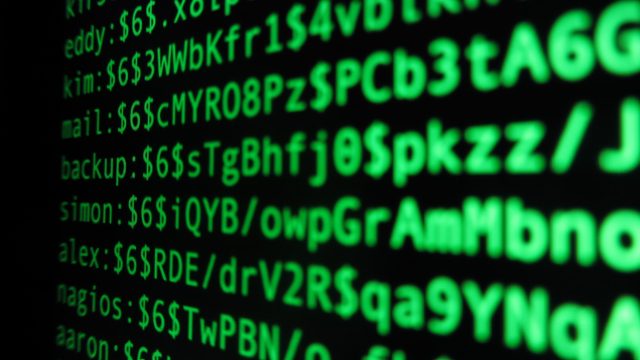Angler exploit kit may be dead, but malware lives on – InfoWorld
InfoWorld |
Angler exploit kit may be dead, but malware lives on
InfoWorld Chalk one up for the good guys. When Russian law enforcement busted a banking malware gang for stealing approximately $ 45 million from the country's financial services firms, it disrupted several other cybercrime operations in progress. "For a period … |
